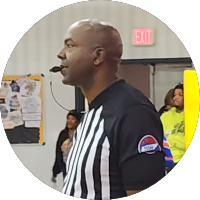The Critical Importance of Tracking Legislation Early
- Bryan Murray

- Sep 9, 2025
- 2 min read
In the world of public affairs and government relations, timing is everything. For start ups, small businesses, and mission-driven organizations, it’s easy to focus on the high-profile legislation—the “big fish.” After all, these are the issues that seem to have the most immediate impact, grabbing headlines and occupying the lion’s share of your attention. However, in doing so, you may overlook a crucial element of legislative strategy: tracking seemingly innocuous bills early in the process.
The truth is, small bills with low visibility can be the most dangerous. Without proper monitoring, these bills can quietly gain momentum, often unnoticed by those who are too focused on the more obvious legislative threats. It’s not until later in the session—when it’s much harder to make an impact due to the horse trading—that these bills turn into thorny bargaining chips, with far-reaching consequences for businesses that were unprepared.
I’ve experienced this firsthand in my work, where catching a bill early can make all the difference. One notable instance was a price cap bill that could have severely impacted a company’s bottom line. The bill appeared relatively benign at first, but by closely tracking it and engaging the sponsor early, we were able to prevent it from gaining traction..
A key to our success was anticipating the future threat and responding. Early engagement with sponsors and stakeholders is crucial. Once a bill becomes entrenched, particularly in the latter stages of a legislative session, you need much more emotional capital to alter or stop it, capital you might not have.
By tracking legislation early and engaging proactively, you can protect yourself from legislation that might have seemed like a “small fish” at first—but could end up being a much bigger issue later on.
If you're unsure where to begin, I invite you to take the Policy Vulnerability Survey to gain insights into how to strengthen your position before it's too late.




Comments